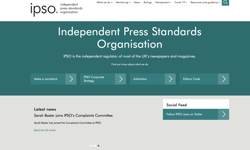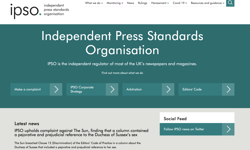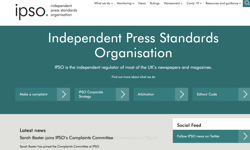Prince Harry complained to the Independent Press Standards Organisation that Mail Online breached Clause 2 (Privacy) of the Editors’ Code of Practice. IPSO upheld the complaint and has required Mail Online to publish this decision as a remedy to the breach.
The article reported that the complainant had recently attended a friend’s wedding in Jamaica. It was accompanied by photographs of the complainant wearing swimming shorts on a beach, at a beachside bar and in the sea.
The complainant said that these images had been taken in circumstances in which he had a reasonable expectation of privacy, and while he was engaged in private activities unconnected to his public role. The photographs showed him wearing swimwear on a private beach; he had been unaware that he was being photographed; and he had not consented to the images’ publication. The complainant considered that no public interest was served by the article.
Mail Online said that it had been provided with credible information that the complainant had been on a public beach at the time the photographs were taken, and it had published them in good faith. While it regretted that it had been misinformed, it did not consider that the photographs had revealed intrinsically private information. It also noted that they had been published widely in the US and in one UK magazine.
The Committee found that the complainant had been photographed in circumstances in which he had a reasonable expectation of privacy. He had not consented to the images’ publication, and Mail Online had not sought to justify their publication in the public interest. Publishing photographs of the complainant engaged in private activities, without his knowledge and consent, represented a significant and unjustified intrusion in breach of Clause 2. The Committee upheld the complaint.
The complainant also raised concerns under Clause 1 (Accuracy) but this was not upheld.










